Luxembourg-based steel giant ArcelorMittal has partnered with the Indian Institute of Technology, Madras, to establish Asia’s first Hyperloop testing facility. This collaboration aims to contribute materials and engineering expertise for the development of affordable Hyperloop technology for both passenger and cargo transportation on a large scale.
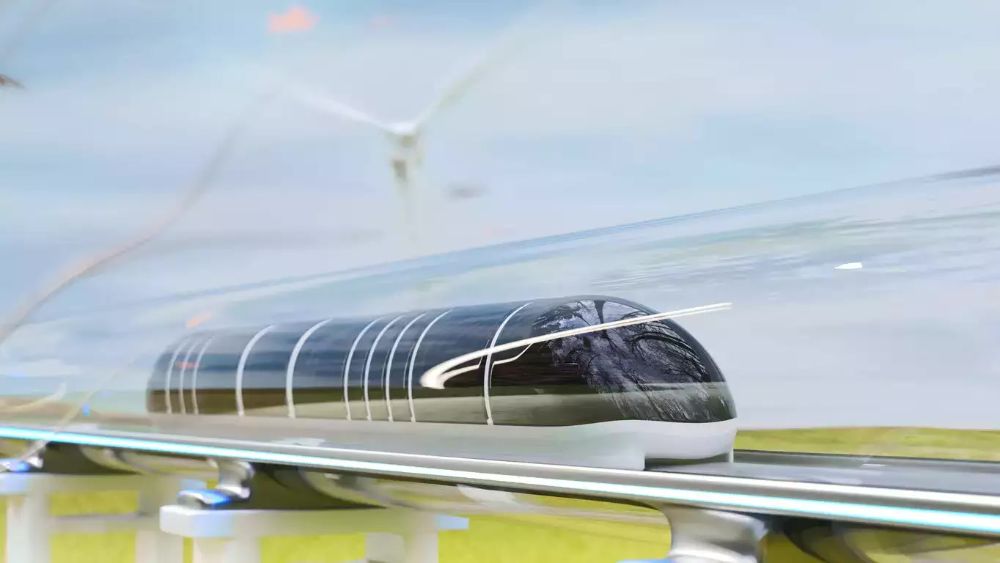
The Collaborative Effort
ArcelorMittal, along with its joint venture, ArcelorMittal Nippon Steel India, will play a pivotal role in the construction of the Hyperloop testing facility on the IIT Madras campus. This strategic partnership is set to enhance the mobility transition industry, with steel playing a crucial role in the development of the Hyperloop infrastructure.
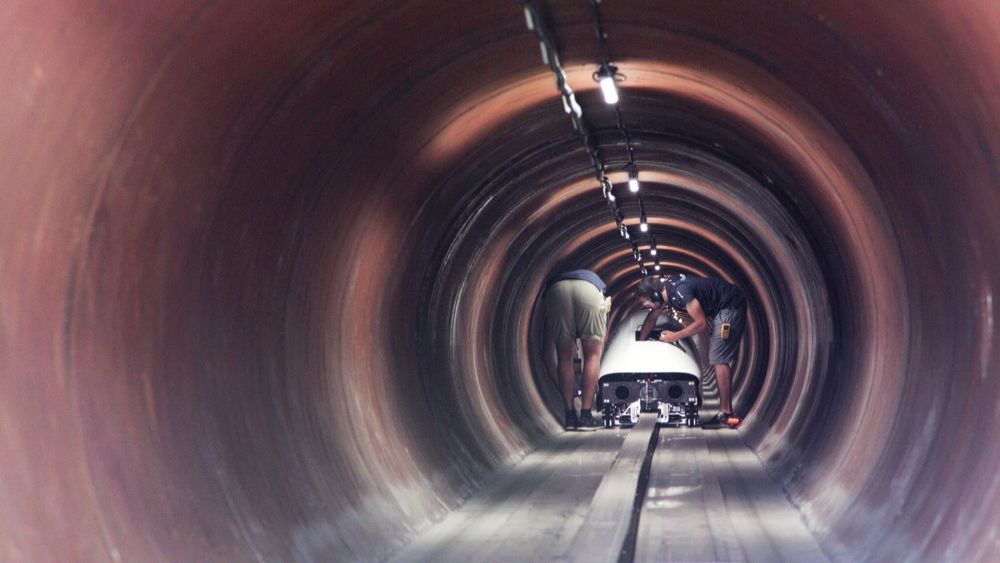
Key Contributors
In addition to ArcelorMittal and ArcelorMittal Nippon Steel India, close collaboration will take place with Avishkar Hyperloop, a student team, and TuTr Hyperloop, a start-up incubated at IIT Madras. These entities are actively involved in the development of foundational steel materials and engineering solutions for the Hyperloop test track.
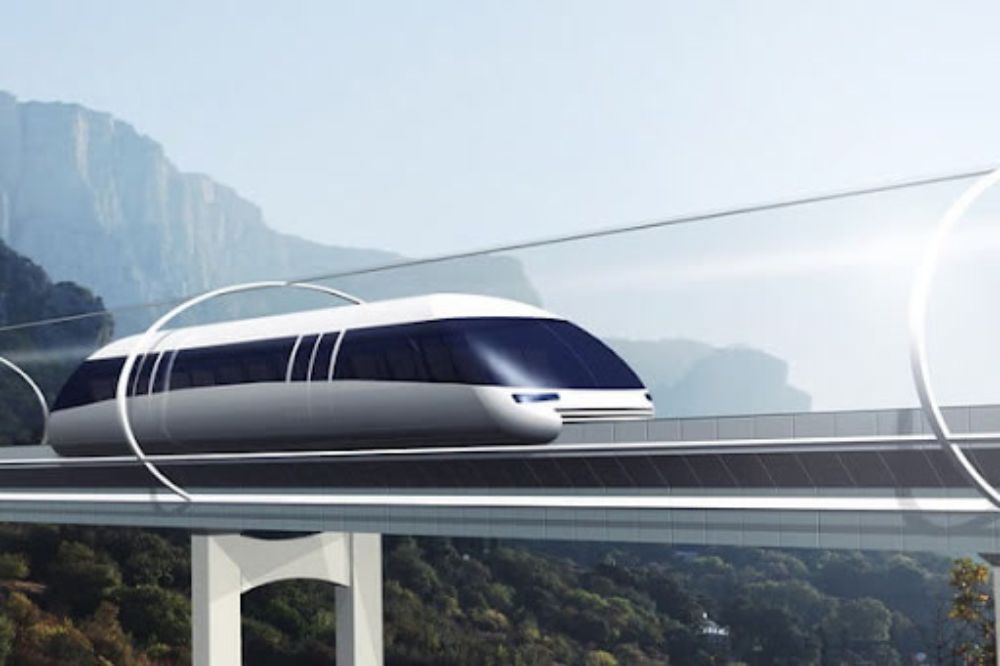
Project Details
The Hyperloop facility is slated to be operational by the end of March, with the construction taking place at IIT Madras’ Discovery Campus at Thaiyur, on the outskirts of Chennai. The testing track will consist of a 400-metre vacuum tube, fabricated using 400 tonnes of steel supplied by ArcelorMittal Nippon Steel India. The testing phase will involve autonomous, levitating pods reaching speeds of up to 200 kilometres per hour.
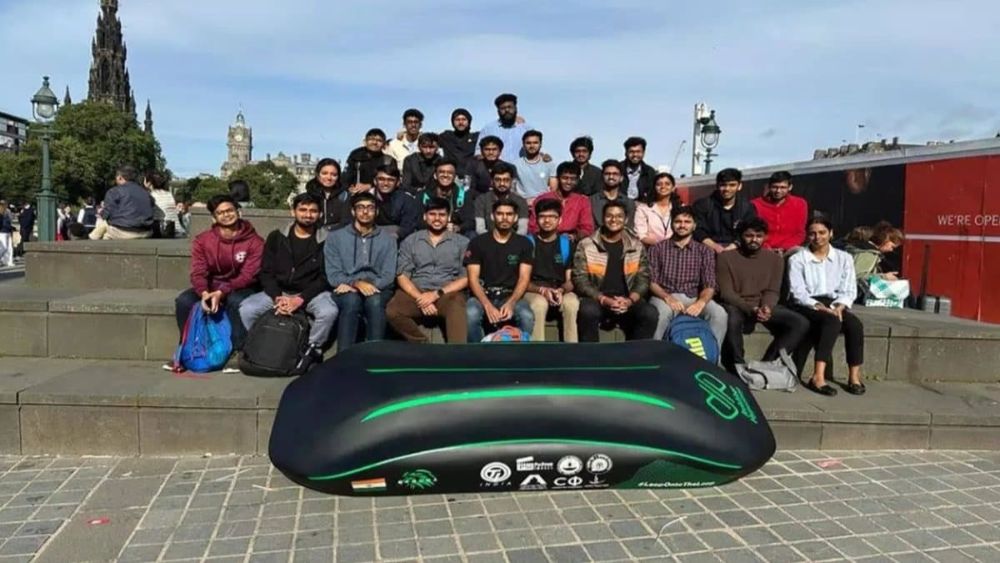
Industry Endorsement
Pinakin Chaubal, Chief Technology Officer at ArcelorMittal, expressed excitement about the project, emphasising the significant role of steel in the emerging Hyperloop technology. This endorsement underlines the belief in IIT Madras and the collaborating entities to be pioneers in the mobility transition industry.
Collaboration Beyond Boundaries
TuTr Hyperloop, a key player in this initiative, previously entered into a Memorandum of Agreement with Tata Steel in December 2022. This collaboration aligns with the larger goal of validating the technological and commercial potential of Hyperloop technology. The government’s support, demonstrated by the Ministry of Railways providing initial funding to IIT Madras, signifies the commitment to indigenous Hyperloop technology development.
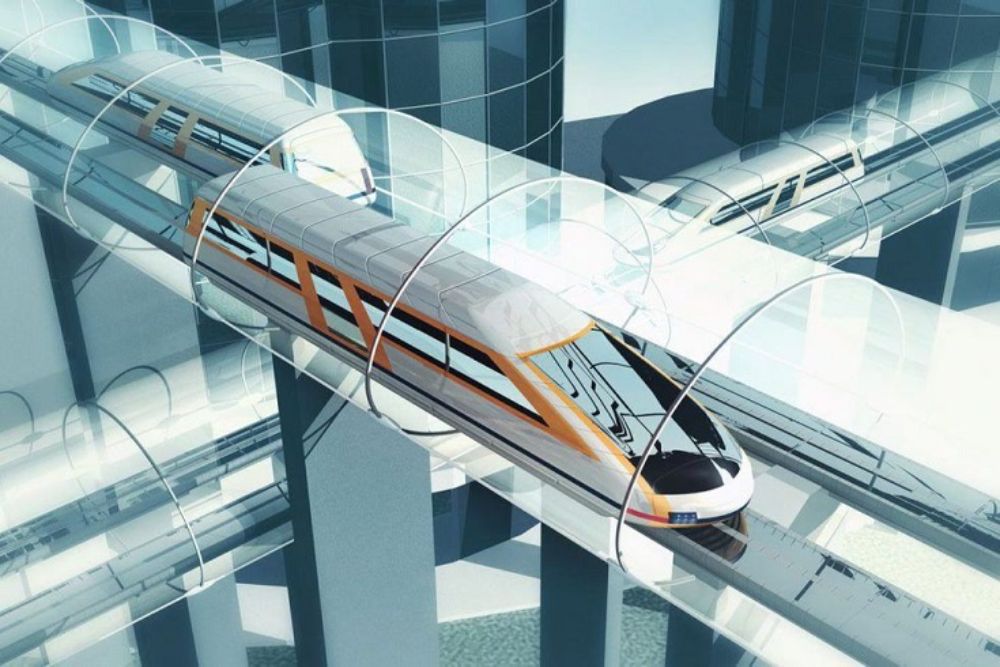
Addressing Challenges and Future Prospects
While challenges and scepticism exist, with Dr. V.K. Saraswat of NITI Aayog highlighting the technology’s limited maturity and commercial viability, ongoing efforts are being made to establish a comprehensive policy framework. NITI Aayog is actively working on a report to assess the technological and commercial feasibility of implementing Hyperloop technology in India, reflecting the government’s commitment to shaping the future of transportation.

The collaboration between ArcelorMittal, IIT Madras, and other key stakeholders marks a significant step toward realising Hyperloop technology in Asia. As the testing facility takes shape, the partnership aims to contribute to the creation of an efficient, sustainable, and affordable mass mobility solution, potentially transforming transportation from India to the world.
